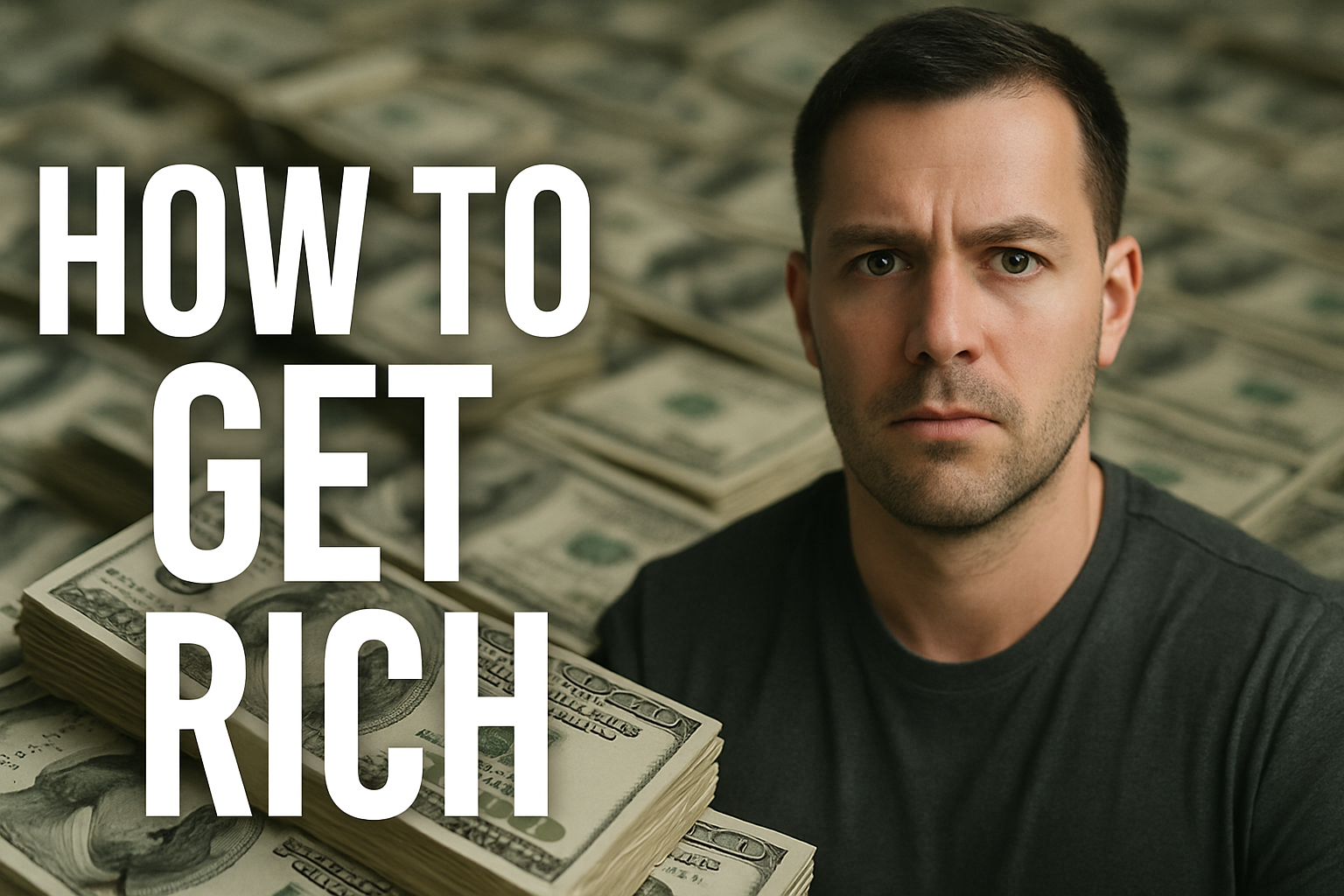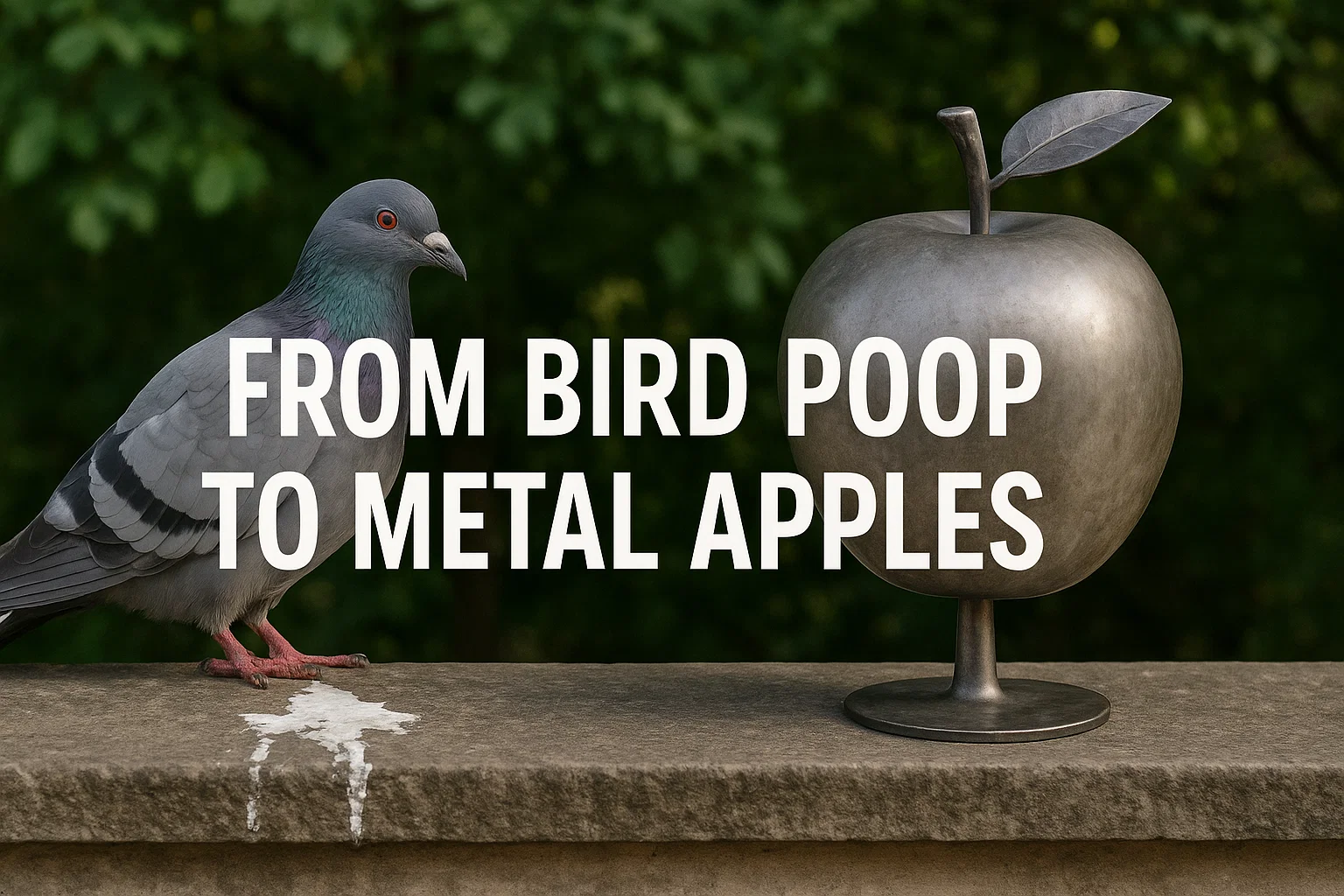
I’ll admit it—I never planned on being the person others ask, ‘How do you get rich?’ Once, I spent nights juggling hospital rounds with YouTube uploads, convinced my real challenge was managing time. Fast forward nearly a decade, and with a multi-million dollar business under my belt, everyone’s asking about money. Here’s the untold story: building wealth isn’t just about spreadsheets, hacks, or luck. At its core, it’s about obsession—the kind that keeps you up, that others might even judge. Let me show you the real path, quirks, regrets, and wins included.
From Medicine to Millions: The Professor’s Prediction
Back in 2015, I was in my third year at Cambridge medical school. It’s a grueling six-year degree, and we had this halfway graduation dinner to mark our progress. Picture it: fifteen medical students gathered with professors who’d watched us struggle and grow over three years.
I was doing well academically – ranked in the top two of my subject and even won a prize. Medicine consumed my life, and I genuinely thought I was on the right path.
The Prophecy That Stopped Me Cold
During dinner, someone brought up a yearbook question: “Which student is most likely to become a millionaire but get struck off the medical register?” (Being struck off means you’re deemed incompetent and can no longer practice medicine – basically a doctor’s worst nightmare.)
Without hesitation, one professor I deeply respected answered: “Oh, it’s obviously Ollie.”
Wait, what?
I was stunned. This was 2015 – before my YouTube channel, before any business ventures. I hadn’t even thought about entrepreneurship yet.
The Emotional Duality
Part of me was flattered: He thinks I’ll be a millionaire!
But the larger part felt misunderstood and hurt. Was my dedication to medicine that invisible? Did he see me as someone just chasing money, willing to risk professional disgrace?
The comment nagged at me. Here I was, pouring everything into becoming a good doctor, yet somehow projecting an image of someone who’d prioritize wealth over ethics.
The Twist of Fate
Ironically, years later, I did voluntarily remove myself from the medical register – not because I was struck off, but because I chose a different path. The business world called, and I answered.
Did that professor see something in me I couldn’t see in myself? Some entrepreneurial streak beneath my medical exterior? Or was it just a careless remark that accidentally became prophetic?
Sometimes I wonder if his words planted a seed. Would I have made the same career pivot if he hadn’t voiced that prediction?
Maybe getting obsessed with business was always in my future, whether I knew it or not.
The Dark Side of Obsession: Missed Childhoods and Broken Balances
Let’s face it: getting rich isn’t just about smart investments or luck. It’s about obsession. The kind that consumes your thoughts, dominates your schedule, and reshapes your priorities.
The Hidden Price Tag
I recently spoke with a friend (net worth somewhere between $10-100 million) who shared something that stuck with me. At 42, he reflected on his journey to wealth with mixed emotions.
“His unhealthy obsession with growing his business meant that he missed the first like 10 years of his kids’ childhood.”
He was always working, constantly connected to his business, and teetering on the edge of divorce. Only a “stroke of luck” saved his marriage. Sound familiar?
The Wealth Equation Nobody Talks About
After countless conversations with wealthy individuals, I’ve noticed a pattern:
- Wealth requires prioritizing money above (almost) all else—at least for a season
- Family time gets postponed for “later” (which sometimes never comes)
- Relationship costs pile up: divorce, regret, missed memories
Most wealthy people I know, regardless of context or country, paid dearly for their success. The bill comes due in different currencies: family connections, health problems, broken relationships.
The Side Quest Phenomenon
It’s fascinating how the story usually plays out. They get obsessed, get rich, and then start thinking about work-life balance. As if wealth completion unlocks the “side quests” of life:
- Taking up martial arts
- Writing productivity books
- Suddenly becoming interested in “living your best life”
What Would You Trade?
I got lucky. My obsession with getting rich sacrificed my medical career—not my family relationships. But what would you trade for riches?
Your weekends? Your health? Your memories of your children growing up?
Books like “Never Enough” and “How Will You Measure Your Life” ask these questions, but we rarely consider them until we’ve already made the trade.
The brutal truth? Getting rich often means getting obsessed. The question isn’t whether you’ll pay a price—it’s whether you’ll be conscious about what you’re trading away.
Embracing Your Inner Tryhard: Obsession in Sport, Arts, and Wealth
Ever notice something weird about how we view ambition? We celebrate the athlete who trains 8 hours daily but judge the entrepreneur who works similar hours.
The Double Standard of Obsession
Look at professional athletes. Do they need an “unhealthy obsession” with their sport to make it? Absolutely. The training regimens of top 1% performers would seem completely excessive to normal folks.
These elite athletes:
- Live and breathe their craft
- Structure their entire life around performance
- Think about their sport constantly
We don’t just accept this – we celebrate it. “Such dedication!” we say.
The Artist’s Obsession
Same goes for creatives. Actor Timothée Chalamet openly embraced what many would call “tryhard” status when he said:
“I want to be one of the greats. I’m inspired by the greats.”
This is refreshing! Most celebrities pretend they “just stumbled into acting” or downplay their ambition. But greatness doesn’t happen by accident.
Imagine if Picasso had apologized for painting too much. “Sorry everyone, I know I’m being excessive with all these canvases.” Ridiculous, right?
Money: The Forbidden Obsession
Yet when someone shows the same single-minded focus toward wealth creation, society gets uncomfortable. Why?
In America, ambition is more acceptable than in the UK or Europe, but even here, money-obsession faces unique criticism compared to other pursuits.
The truth? Building wealth often requires the exact same traits:
- Consistent daily practice
- Learning from failures
- Prioritizing long-term goals over short-term comfort
Owning Your Goals
Here’s a thought: it’s okay to admit you want to be rich.
If Olympic athletes, concert violinists, and acclaimed actors can openly pursue greatness, why can’t you do the same with financial goals?
Excellence in any field—sport, art, or business—requires obsession. Money is just another arena where focus creates results. Maybe it’s time we stopped pretending otherwise.
The path to exceptional outcomes in anything rarely looks balanced from the outside. That’s just how greatness works.
Calling a Spade: Is Wanting Wealth Really That Bad?
Ever notice how people squirm when talking about making money? It’s fascinating, really.
I was chatting with a friend recently who kept dancing around what she truly wanted. She talked about building “a lifestyle business making £10,000 a month” so she could “retire her parents” and “work whenever and wherever she wanted.”
After listening to her elaborate description, I finally said:
“Come on, man. Let’s call a spade a spade. Is it fair to say that you want to be rich?”
Her shoulders relaxed as she admitted, “Yeah, I want to be rich.”
The Double Standard
Why do we treat financial ambition with such suspicion? We celebrate people chasing their dreams in almost every other area of life, but wanting wealth? That somehow makes your motives suspect.
Let’s flip that script.
Wanting financial success isn’t inherently greedy or shallow. Sometimes it’s about creating options, security, and yes—freedom.
Your Money Mindset: Nature or Nurture?
Your comfort with ambition is shaped by three major factors:
- Cultural background – Americans typically embrace financial ambition more openly than Europeans or Canadians
- Family values – What messages did you hear about money growing up?
- Geographic location – Silicon Valley celebrates wealth-building; other regions might find it distasteful
My friend’s reluctance wasn’t random—it was programmed. And recognizing that is the first step to deciding if those beliefs still serve you.
The Dinner Party Test
Here’s a quick thought experiment: At your next dinner party, would you openly admit your financial goals?
If you’d hesitate, ask yourself why. Is it modesty? Fear of judgment? Or have you internalized the idea that wanting money is somehow wrong?
Money isn’t a dirty word. Even if your social circle raises eyebrows, there’s real power in naming your desire—both for your own honesty and for developing an effective strategy.
Because let’s be real: top 1% outcomes require above-average focus. And you can’t focus properly on goals you’re afraid to name.
So… is it fair to say you want to be rich?
Conclusion: Wealth, Obsession, and the Meaning You Choose
Let’s get real about this whole “getting rich” thing. The journey isn’t for everyone, and that’s totally fine.
True riches always come with opportunity costs—be conscious about them, not accidentally stumbling into sacrifices you’ll regret. That medical professor who predicted I’d get rich but also get kicked off the medical register? He wasn’t entirely wrong. I did leave medicine behind, but it was my choice.
Think about it: those multi-millionaires and billionaires I’ve met didn’t achieve their wealth while maintaining perfect balance. Some missed their kids’ first decade. Others nearly destroyed their marriages.
Is it always like this? Well, balance is possible, but rarely in the early years. Most wealthy people I know only found equilibrium after they’d already “made it.” During the climb? They were obsessed.
The Real Villain Isn’t Obsession
Here’s what I’ve learned: obsession isn’t the villain; mindlessness is. Being intentionally obsessed with wealth creation—like how I consumed almost exclusively business content when growing from $100K to $1.2M—can be powerful when done consciously.
What’s dangerous is floating through life with ambitious goals but zero hours dedicated to them. Remember “Jane” who wanted £10,000 monthly income but spent no time working toward it?
You need to own your narrative, flaws and all. Maybe getting rich matters deeply to you. Or perhaps after reading this, you realize you’re perfectly happy with financial comfort and don’t want the sacrifices wealth demands.
Either choice is valid! But alignment between your goals and actions is essential for peace of mind.
If you’re committed to wealth creation, I recommend exploring books like “How Will You Measure Your Life” by Clayton Christensen and “Designing Your Life” by Bill Bernett and Dave Evans. They’ll help you pursue wealth while remembering it’s just one type of fulfillment.
The price of getting rich is real—time, relationships, other pursuits—but so are the rewards. You get to choose what’s worth it—for you. Just make sure you’re choosing consciously, not drifting into regret.
What will your obsession be?








